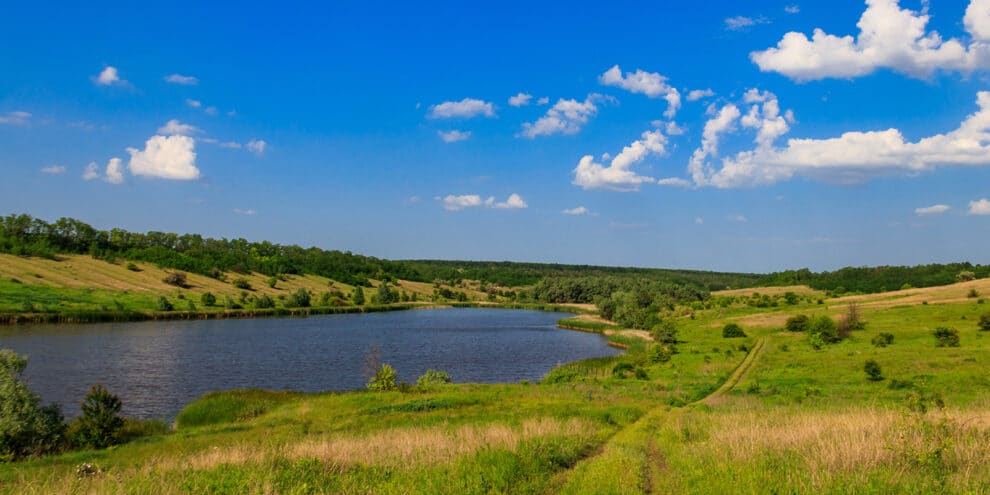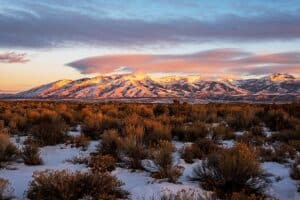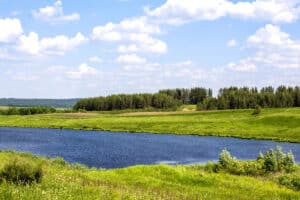If you are thinking about buying recreational land, you are likely seeking a piece of property where you can enjoy various outdoor activities and create memorable experiences. However, it’s important to take certain factors into consideration to ensure that you make a well-informed decision. The following are some things to consider when purchasing recreational land.
Location, Location, Location
The location of your recreational land is crucial as it affects both your access to the property and the activities you can engage in. Consider how far the land is from your primary residence since this will affect how often you can visit. Additionally, think about how far you are willing to be from grocery stores, gas stations, medical facilities, recreational sites, and other places. There are benefits to being
close for convenience, and benefits to being further away from those places for privacy.
You will also want to understand the accessibility of the land. Are there maintained roads leading to the property? Is it easily accessible during different seasons? These factors will determine how feasible it is to get to your land and how comfortable you and your guests will be when visiting.
Purpose and Activities
Before moving forward with your purchase, clearly define the purpose of the recreational land you plan to buy. Do you plan to use it for hunting, fishing, camping, connecting with family, building a cabin or any other specific activity? Each purpose has unique requirements, so make sure the land you choose is suitable for your intended activities. For example, if hunting is your primary goal, look for a property that is large enough to hunt on and attracts the wildlife you are wanting to hunt.
Natural Features and Environmental Considerations
Our recreational land offerings often come with natural features, such as timberlands, rivers/streams, lakes/ponds, or mountains. Consider what kind of natural features you want and how they align with your planned activities. If you enjoy hiking or fishing, having a nearby river or pond would be a plus. On the other hand, if you prefer a secluded area to build a cabin, more wooded land might be more appealing to you.
Additionally, ensure you understand any environmental considerations associated with the land. Are there any protected species or wetlands on the property? Familiarize yourself with any regulations or restrictions that may impact your ability to develop the land.
Utilities and Infrastructure
It’s important to understand the availability of utilities and infrastructure at properties you are considering. In some more remote areas, these services might not be readily available, and you may need to explore alternative solutions such as solar power or well water.
You should also be aware of any existing structures or improvements on the land, such as sheds, roads, or fences. These can save you time and money, but also be aware of their condition and whether they align with your plans for the property.
Legal Considerations and Zoning
Be sure to thoroughly research the legal considerations and zoning regulations associated with the recreational land you are looking at. Ensure that the property is properly zoned for your intended use and that there are no restrictions or easements that could hinder your plans. Consult with local authorities or a legal professional to avoid any potential legal issues down the line.
Budget and Financing Options
Decide how much you are willing to spend on the recreational land acquisition and factor in any additional costs such as taxes, insurance, maintenance, or future developments. It’s also important to explore various financing options, including loans, to make an informed decision and ensure that it aligns with your financial situation.
In conclusion, buying recreational land can be a fulfilling and worthwhile investment, providing a place to unwind, connect with nature, and engage in your favorite outdoor activities. At PotlatchDeltic, we always recommend working with a knowledgeable and trained professional.
Written by Bill DeReu, Vice President of Real Estate for PotlatchDeltic, which sells recreational properties in Alabama, Arkansas, Georgia, Idaho, Louisiana, Mississippi, South Carolina, and Texas.
This content may not be used or reproduced in any manner whatsoever, in part or in whole, without written permission of LANDTHINK. Use of this content without permission is a violation of federal copyright law. The articles, posts, comments, opinions and information provided by LANDTHINK are for informational and research purposes only and DOES NOT substitute or coincide with the advice of an attorney, accountant, real estate broker or any other licensed real estate professional. LANDTHINK strongly advises visitors and readers to seek their own professional guidance and advice related to buying, investing in or selling real estate.










Add Comment